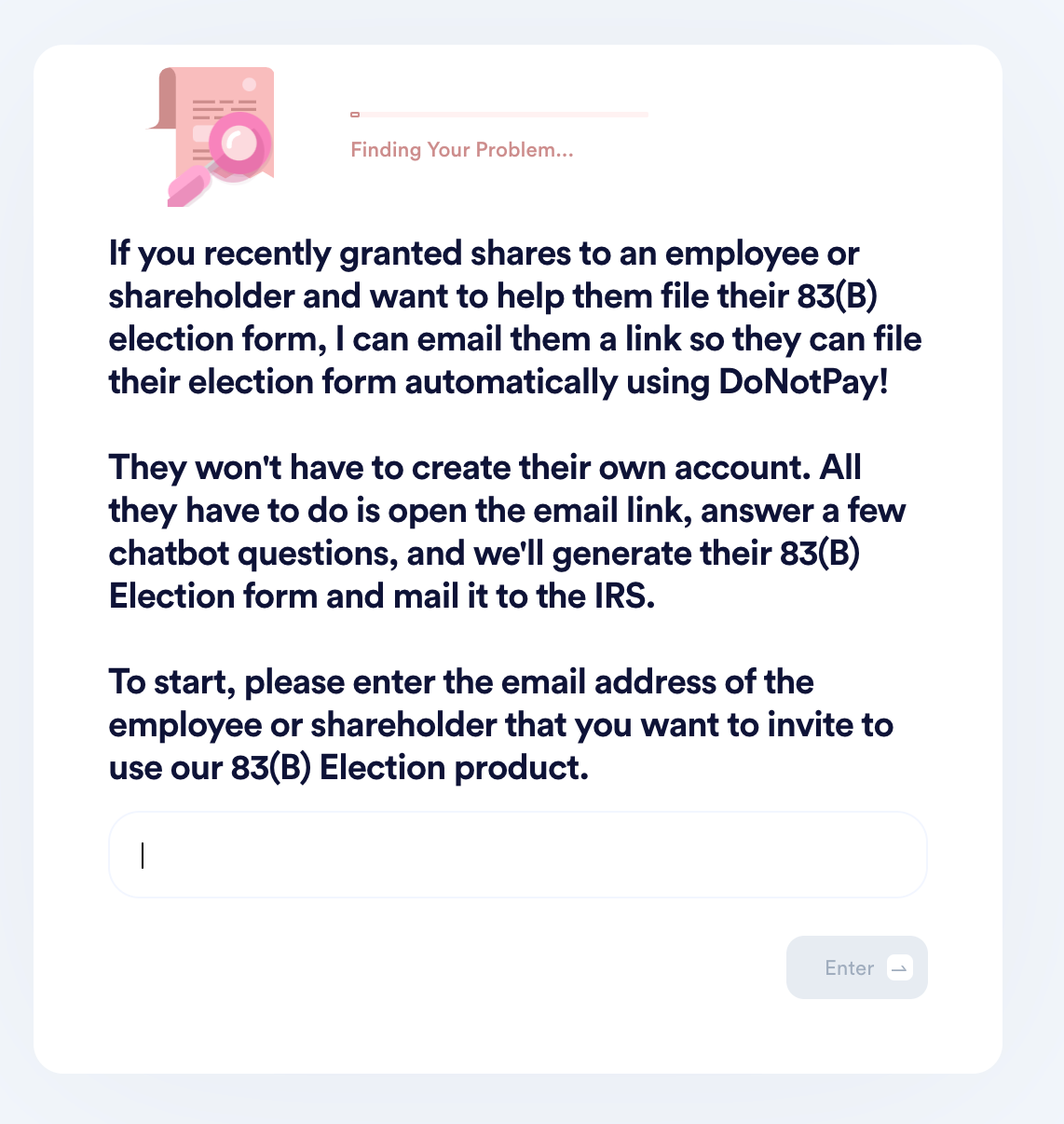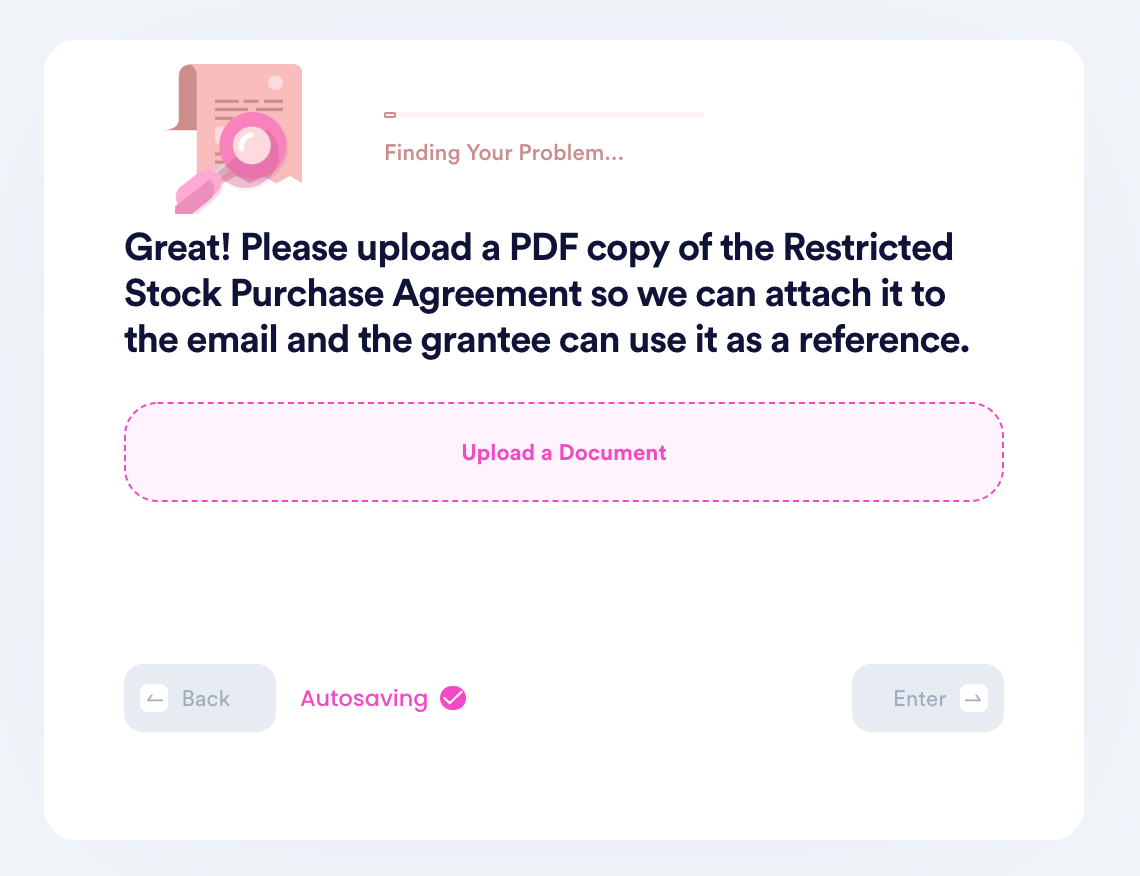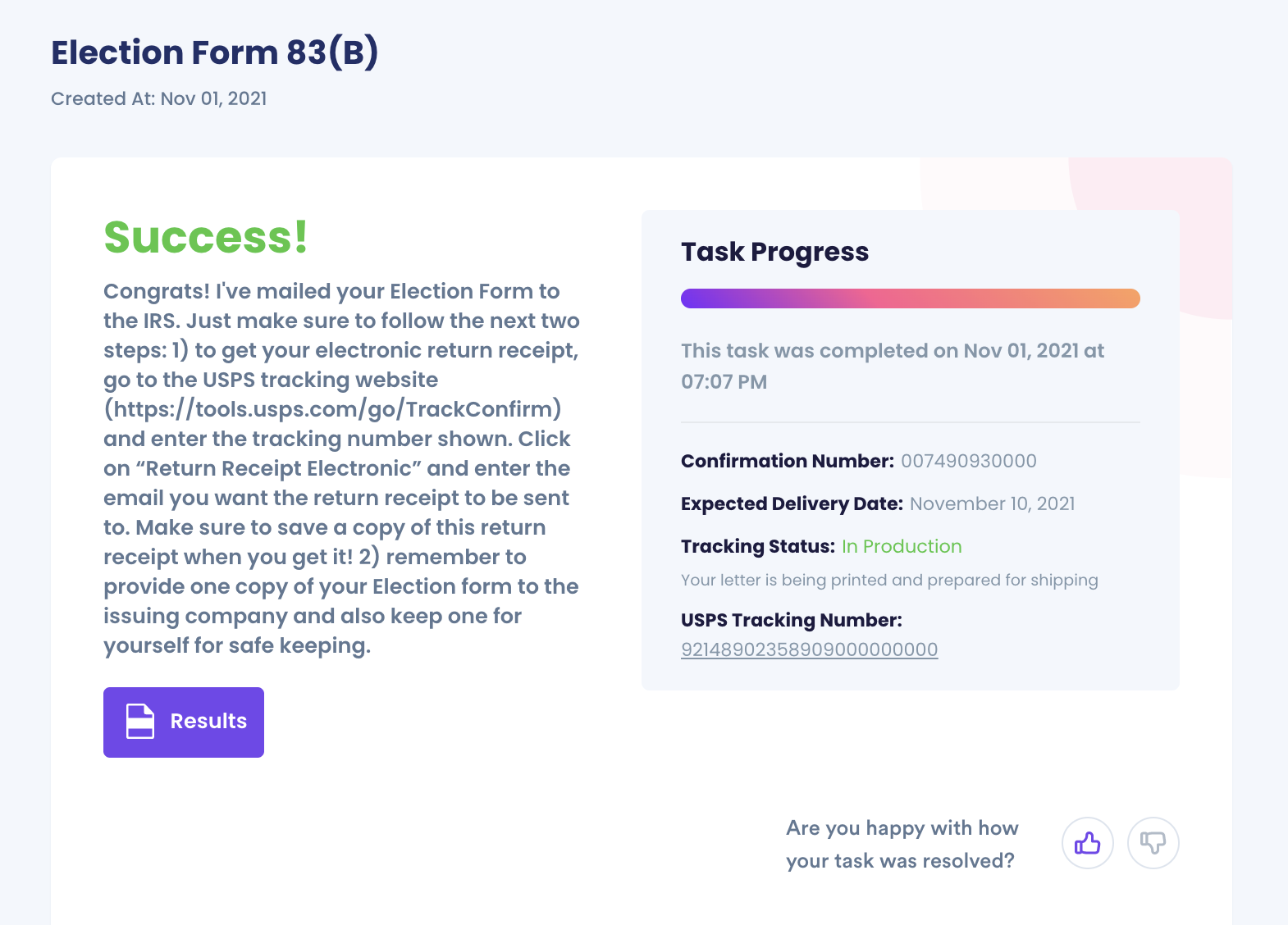An Essential Guide to Understanding ISO 83(b) Election
Companies and government agencies often offer stock grants to their employees as an incentive, guaranteeing they will continue contributing their best efforts to their employers. Employees can then leverage an 83(b) election to lower their tax burden on these restricted stocks.
The essence of filing an 83(b) election is to allow recipients to pay relatively lower taxes on shares when they're first granted instead of paying higher taxes on the total fair market value of the stocks when they're vested. In a nutshell: an 83(b) election saves you money.
It's typically a tedious and complicated process that requires a staff member to present specific documents to the Internal Revenue Service (IRS) within a specific timeframe. Failure to file the form in time increases the risks on the shares. Additionally, the recipient must also liaise with their employer to validate their 83(b) election requests.
Filling and submitting 83(b) election forms can be a hassle for employers and employees. DoNotPay offers an easy-to-use application that automates the filing process, providing a comprehensive suite of tools to streamline the process. Read on to better understand the election, its benefits, and how to use DoNotPay.
What Is an 83(b) Election Form?
An 83(b) election applies to stock grants that are subject to vesting. It offers the employee a chance to pay taxes on restricted stocks at the time of granting instead of incurring higher tax costs when the stocks are vested. Therefore, an 83(b) election form is a document generated by the elector to the IRS to give them the chance to pre-pay their tax liabilities on a low valuation. That's an excellent means of saving money, especially when the equity value is subject to increase in the following years.
How Long Do You Have to Make an 83(b) Election?
To make an 83(b) election, a restricted-stock recipient must send a letter to the IRS expressing the intention to make the election within 30 days following the date on which they received the stock grant. The form must include an accurate indication of the then fair market value of the granted equity and enclose the corresponding income tax payment.
Failure to file the 83(b) election on time means you'll pay higher tax rates on the fair market value of the shares when they become vested. There're significant risks at this time because the equity will no longer be subject to a company's right of repurchase or forfeiture. The IRS will treat the fair market value of the shares as compensation income, which means you'll pay relatively higher tax rates.
Recipients of restricted stocks must follow the proper procedure when making an 83(b) election to ensure the IRS approves their election request. The steps below are designed to guide you in your application, although you need to partner with your tax professional before filing with the IRS.
- Complete and sign the election form, and make three copies, including a copy of the IRS cover letter.
- Send the original completed and signed form and cover letter and a copy of the cover letter to the IRS via a certified return mail. If the IRS submission address is indicated in the form, it's your duty to verify it. You can do that by:
- accessing the IRS website and searching "where to file"
- calling (800) 829-1040 for help
- Submit a copy of the filled election form to your employer/company.
- Depending on state laws, you may be required to attach a copy of the election form when you file your subsequent personal income tax returns.
- Retain a copy of the complete election paper for personal records.
What Are the Benefits of an 83(b) Election?
For equity recipients who expect their share value to appreciate between the grant date to the vesting date, it's critical to accelerate the taxes on the shares and maximize capital gains. Making an 83(b) significantly reduces the tax burden because the recipient can cater to their tax liability at the time of equity grant. The IRS will then treat any appreciation in stock value as capital gains. That means the recipient retains more money since the taxes on capital gain income usually have lower rates than compensation income.
Still, an 83(b) election presents considerable risks that an applicant must consider. For instance, the taxpayer has no leverage in case they file an 83(b) election on restricted shares that ultimately don't vest or depreciate in value. They don't have the chance to claim a loss in such cases.
How DoNotPay Helps in Filing 83(b) Election
The IRS recently started accepting electronic signatures on 83(b) election forms, and DoNotPay provides a convenient and user-friendly application to enable users (recipients of restricted stocks) to file their forms remotely using their smart devices. You can access this service under the app's Small Business Product category. With DoNotPay, companies and other entities can send links to their employees to complete their 83(b) election forms online.
If you want to file an 83(b) election form but don't know where to start, DoNotPay has you covered in 3 easy steps:
- Enter the email address of the employee/shareholder you want to grant shares to.

- Upload a copy of the Restricted Stock Purchase Agreement.

- And that's it! We'll email the grantee with a special link so they can access the DoNotPay 83(B) Election Form Filing Product and file their forms automatically. You'll be able to see the completed task on your dashboard, and the grantee will receive a tracking number to track the status of their shipment as well.

Why Use DoNotPay to File an 83(b) Election
Users benefits from using the solution because it is:
| Fast | With everything done and completed virtually, DoNotPay makes form-filling fast. Employees no longer have to leave their routine for hours just to fill in the forms. |
| Easy | DoNotPay simplifies the entire filing process as users no longer have to struggle filling out multiple forms or monitor all the steps in solving the issue. |
| Improved Success Rate | One concern that many users deal with is the uncertainty as to whether the IRS will grant their 83(b) elections requests. DoNotPay guarantees successful applications because they follow through with each application and make the best case on the applicant's behalf. |
| Multi-Organization Solution | DoNotPay is not limited to use by a single individual or organization. It works for multiple entities, companies, groups, and states. It can help a government employee file an election form in the same way it does for an employee in a private company. |
What Else Can DoNotPay Do?
Apart from offering a fast and easy election tool, DoNotPay can also offer access to other useful social services, including:
- Creating passport photos
- Getting your chargebacks and refunds
- Contacting embassies and consulates
- Credit card services/queries
- Notarize documents
 By
By